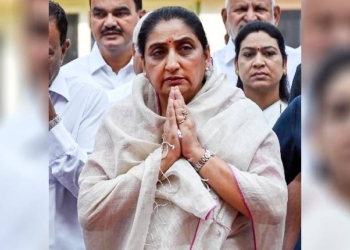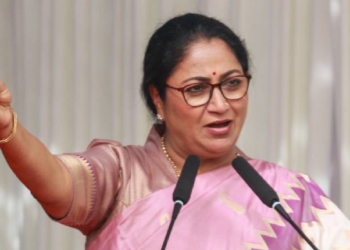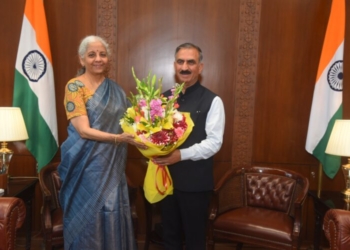New Delhi: The government has provided special additional packages to farmers over and above Nutrient-Based Subsidy (NBS) to further reduce the price of fertilisers in both the kharif and rabi seasons of 2024, the Parliament was informed on Tuesday.
The government has ensured the smooth availability of fertilisers at affordable prices despite recent geo-political situations due to the Russia-Ukraine war by providing special packages over and above the NBS subsidy rates on a need basis so that the Maximum Retail Price (MRP) of the fertilisers remains stable and market volatility are subsumed, Minister of State for Chemicals and Fertilisers Anupriya Patel told the Rajya Sabha in a written reply to a question.
Further, in order to diversify its sources, the government engages with fertiliser resource-rich countries and facilitates the signing of long-term agreements between Indian fertiliser companies and suppliers from resource-rich countries for the supply of fertilisers and raw materials to India, she said.
In the case of Phosphatic and Potassic (P&K) fertilisers, the government has implemented the NBS Policy with effect from April 1, 2010. Under the policy, a fixed amount of subsidy, decided on an annual/bi-annual basis, is provided to manufacturers/importers on subsidised P&K fertilisers depending on their nutrient content i.e. Nitrogen (N), Phosphorus (P), Potassium (K) and Sulphur (S) to improve the availability of fertilisers to farmers.
Import of P&K fertilizers is decontrolled and companies are free to import/produce fertiliser raw materials, intermediaries, and finished fertilisers as per their business dynamics. However, the government monitors international prices of key fertilisers and raw materials and fluctuations, if any, are subsumed while fixing NBS rates for P&K fertilisers annually or bi-annually, the minister said.
She also said that urea is provided to the farmers at a statutorily notified MRP, irrespective of the cost of production. The subsidised MRP of a 45 kg bag of urea is Rs 242 per bag (exclusive of charges towards neem coating and taxes applicable).
The difference between the delivered cost of urea at the farm gate and net market realisation by the urea units is given as a subsidy to the urea manufacturer/importer by the government. Accordingly, all farmers are being supplied urea at the subsidised rates, she added.
(IANS)
















